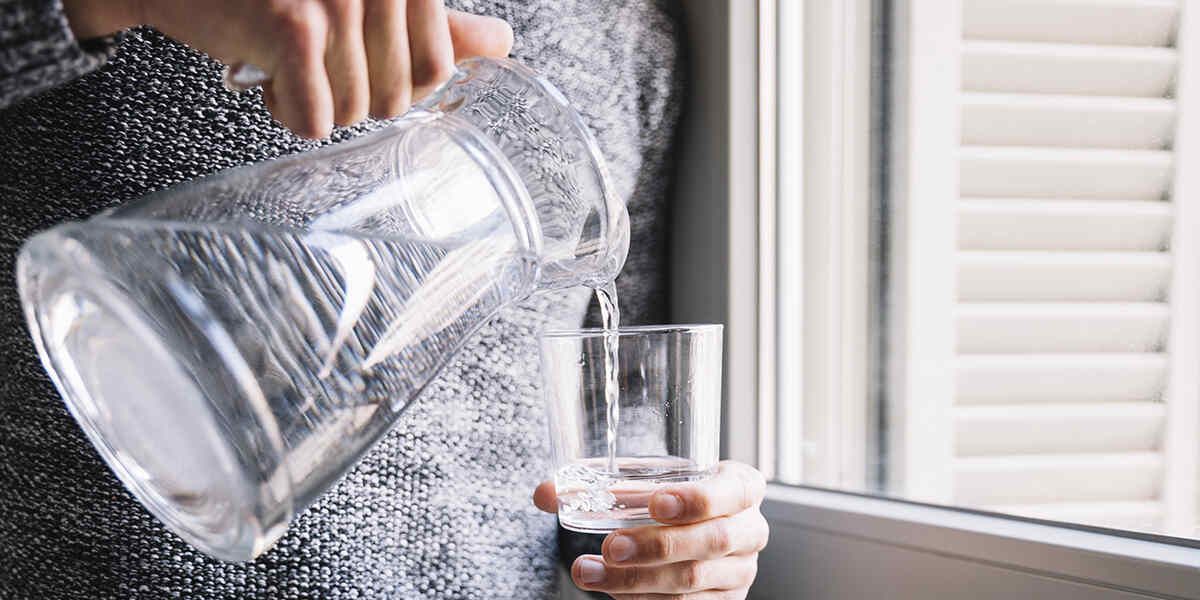10 Tips on Dealing with Alcohol Withdrawal
Alcohol dependency is a medical condition that many find hard to quit. Dealing with alcohol withdrawal presents you with many unpleasant physical and psychological symptoms, such as nausea, tremors, depression, and irritability.
If you are struggling with alcohol withdrawal, these ten tips can help. At In Balance Counseling, we offer addiction counseling in Tucson to provide support when you need it most. You’re not alone; call us at (520) 722-9631 to take the first step in your recovery.
1. Hydrate
Hydrating is essential to managing alcohol withdrawal. Pump your body with electrolyte-packed fluids to curb any nausea and dehydration. Sports drinks offer key electrolytes like potassium, calcium, sodium, and magnesium.
2. Eat a Clean Diet
Alcohol acclimates your body to high glucose levels. This presents high-risk factors for diabetes, kidney disease, and other serious health conditions. Balance out your nutrition with a healthy diet of plenty of fruits and vegetables.
3. Take a Cold Shower
Hot flashes can be a common symptom when dealing with alcohol withdrawal. A cold shower can help relieve them and clear your mind of the urge to drink.
4. Build a Support System
Know that you are never alone in your recovery. Ask a friend to stay with you during this period. Having a support system around you can make a difference in your detox success.
Have discussions with your doctor about preventing alcohol dependency by changing your drinking habits. They can offer tips for recovery and provide guidance if you need professional counseling.
5. Meditate
Close your eyes, take deep breaths, and clear your mind. Meditation can be a powerful coping mechanism to curb cravings and recharge.
6. Listen to Music
Let your mind escape with music during detox. It can be a simple yet effective distraction to get you through the severe symptoms of withdrawal.
7. Read a Book
Distractions are key for dealing with alcohol withdrawal. Pick up a book when you’re in recovery and get lost in the world within its pages.
8. Think Long Term
When alcohol cravings set in, it can be hard to navigate them without relapsing. Teach your brain to focus on the negative consequences of a relapse to help you with the suppression of alcohol withdrawal symptoms.
Having your mind fast forward through the temporary relief you’ll feel can help you focus on your big-picture goals.
9. Take Up a New Hobby
Have you always wanted to try painting or learn an instrument? Taking up a new hobby both stimulates your mind and distracts you from the symptoms of alcohol withdrawal. Throw your energy towards a new hobby or return to one that you gave up on before.
10. Get Active
There are several benefits of exercise and addiction recovery. You can reduce stress, improve your sleep patterns and get a change in scenery. Go for a walk, shoot hoops, or take part in any form of exercise you enjoy.
Seek Treatment for Alcohol Addiction and Withdrawal
Dealing with alcohol withdrawal is challenging, but you don’t have to go through it alone. For help managing your alcohol addiction and withdrawal, reach out to In Balance Counseling at (520) 722-9631.


